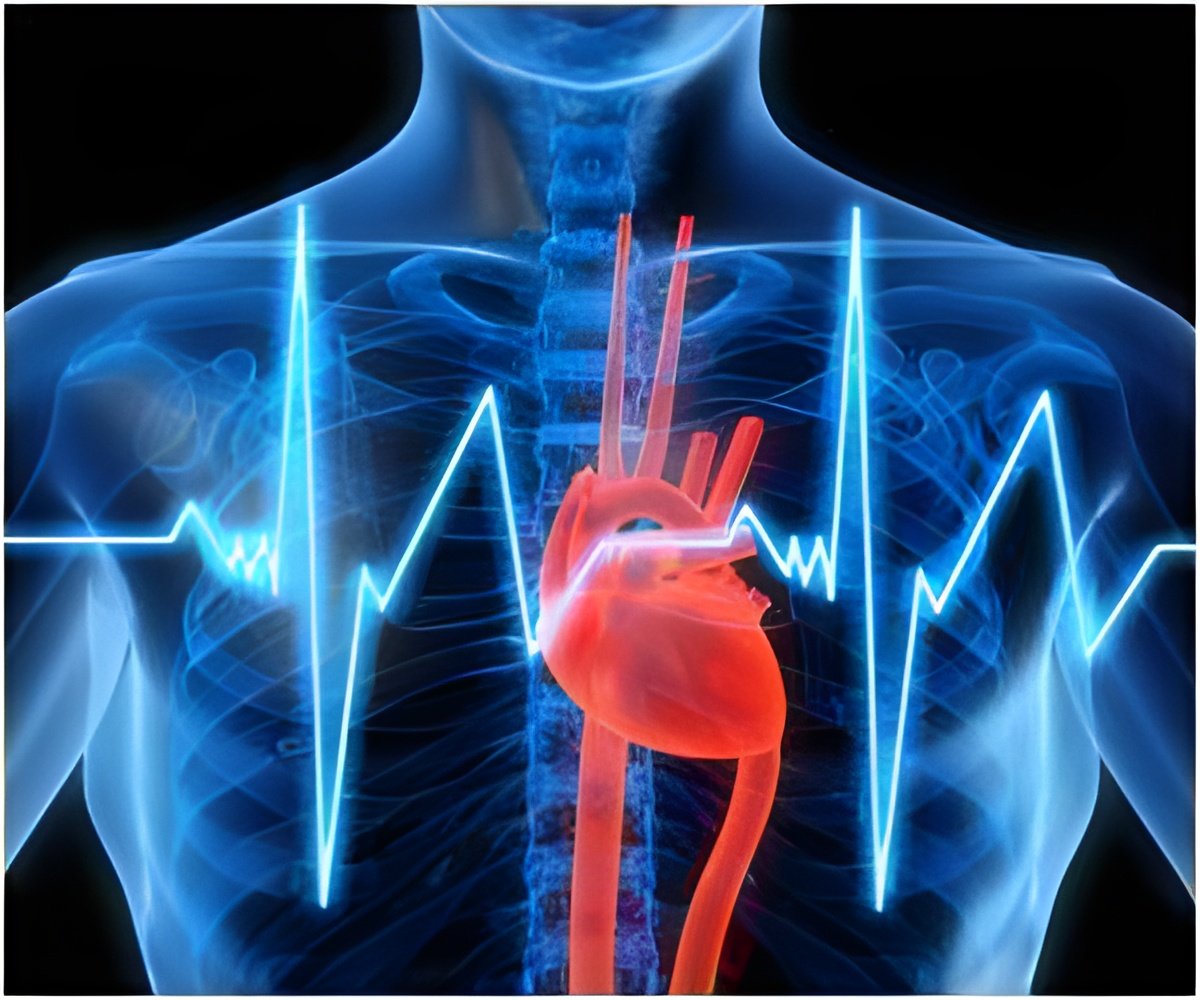
University researchers were able to pinpoint a specific protein, parvalbumin – which aids in high-speed relaxation of fast twitching muscles in nature – and optimize it to become a calcium sponge for heart muscle. As a result, the optimized protein, ParvE101Q, soaks up excess calcium at a precise instant, allowing the heart to relax efficiently after contraction.
The advance offers a solid conceptual step forward in solving the puzzle of diastolic heart failure. The next step will be determining the best possible small molecule or gene delivery mechanism for the protein, which should allow the discovery to be used in clinics.
Their approach is outlined in the latest issue of Nature Medicine.
"In nature, there are unique organisms known to be able to contract and relax muscles quickly," said Joseph M. Metzger, Ph.D., a University of Minnesota Medical School professor and chair of the Department of Integrative Biology and Physiology. "We hoped research and discovery could help identify what was promoting this highly efficient activity so we could harness it for use in the heart. We've discovered that our optimized variation of parvalbumin can fulfill that role by treating diastolic heart failure."
According to Metzger, who also serves as the Maurice B. Visscher Endowed Chair in Physiology, the sponge mechanism works as a temporary depot for calcium along its normal pathway. It increases productivity in the relaxation phase of the heart cycle without negatively impacting the contracting phase.
Advertisement
"Heart disease and heart failure rates are growing, especially as our population ages. We hope this type of discovery may one day help pave the way to a better way to treat patients," said Metzger.
Advertisement
Source-Eurekalert












